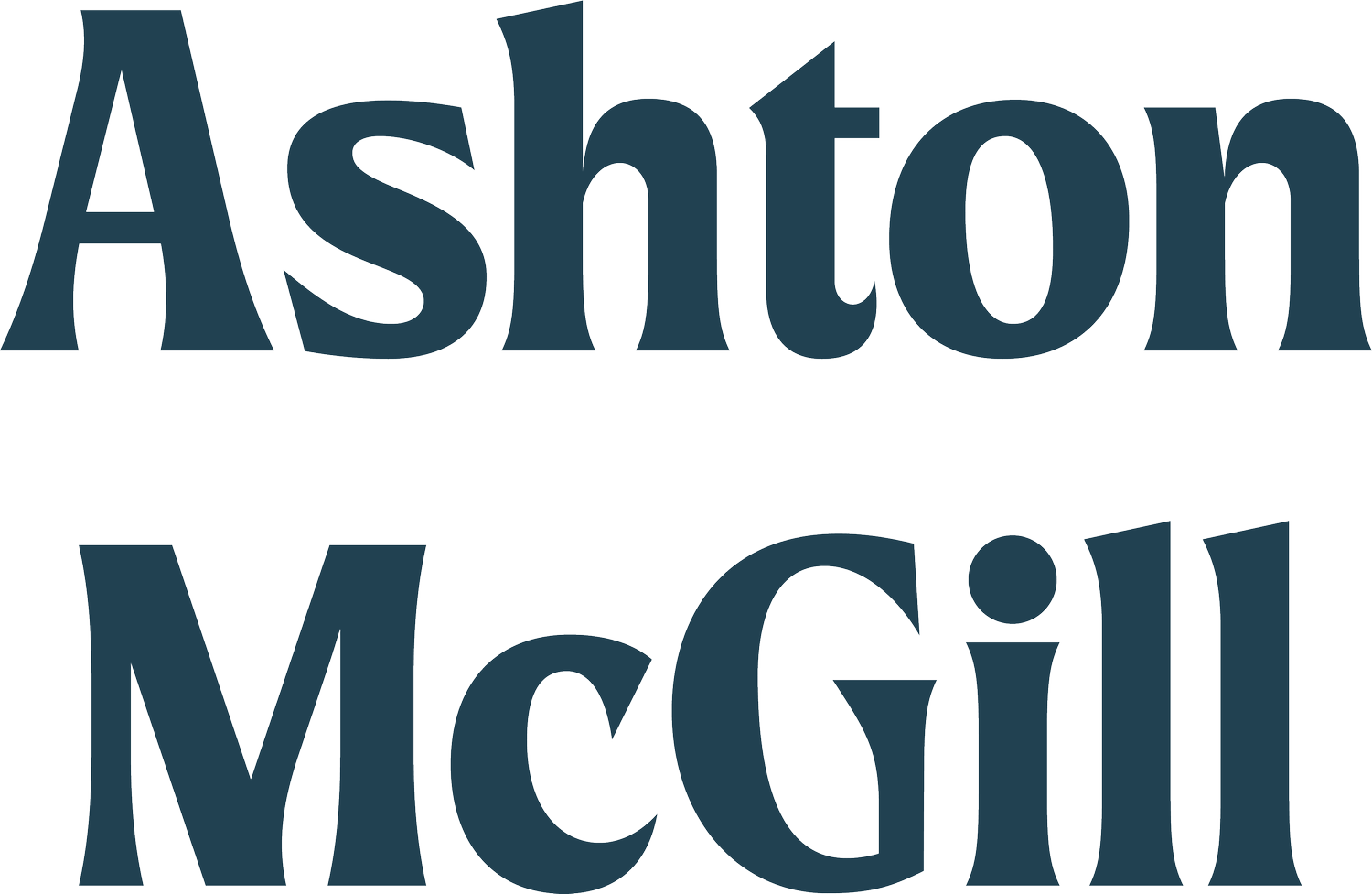Meet Kyle, the New Senior Accountant at Ashton McGill.
We're thrilled to introduce the newest member of the Ashton McGill team, Kyle Gordon.
With a passion for numbers and a flair for finance, Kyle has joined us with the aim of making a real difference to business owners and helping them grow.
In this post, we delve into Kyle’s journey, exploring what drove him to pursue accounting as a career, his perspective on the future of the industry, and his approach to explaining complex tax issues to business owners.
What motivated you to choose accounting as a career path?
I chose to study Accounting & Finance at university purely down to being pretty good with numbers at school, without really having much of an idea about what an accountant was at the time. My time at university, including a year-long placement at an accountancy firm, solidified my choice of career: I love working with a variety of business owners and making an impact on their business and finances.
Why Ashton McGill?
Most accounting firms are reactive, often asking questions about transactions that happened up to 24 months ago. Ashton McGill are different and focus on helping business owners make sound business decisions based on up-to-date financial data. It’s important to me to work with a team focused on challenging the status-quo of traditional accountancy services to truly help people grow their businesses.\
“Most accounting firms are reactive, often asking questions about transactions that happened up to 24 months ago. Ashton McGill are different and focus on helping business owners make sound business decisions based on up-to-date financial data. It’s important to me to work with a team focused on challenging the status-quo of traditional accountancy services to truly help people grow their businesses.”
What's something about the world of accounting that most people don't know?
Believe it or not, not all accountants are anti-social number crunchers!
What technological advancements do you think will have the biggest impact on the field of accounting in the future?
Whilst the fundamental principles of accounting haven’t changed considerably over the years, the way in which an accountant performs their role has continuously evolved in line with technological advancements. The future will be no different. As AI begins to increase the automation of accounting and tax compliance processes, the modern-day accountant must adapt and be able to confidently interpret financial data, understand underlying business trends, and use these insights to offer advisory services that help businesses grow.
Outside of work, what are some of your hobbies or passions?
I’m really into golf, especially during the summer! I also love going out for meals and socialising with friends. It’s been suggested that I should start a separate food Instagram account so watch this space…
How do you approach explaining complex tax issues to clients without a financial background?
I think empathy is really important. As an industry, we often expect business owners who excel in their chosen industry to also understand accounting and tax concepts that we have studied for years to understand. It’s important to understand each client’s level of financial literacy and adapt the approach depending on their level of understanding.
Can you share any tax-saving strategies that individuals or businesses often overlook?
I think many higher-rate taxpayers may not realise that they may be eligible to claim additional tax relief on their pension contributions. This may be of particular interest to Scottish taxpayers who are subject to the new advanced or top rates of income tax.
If you're not quite sure whether you're getting the most tax relief possible on your pension contributions, don't hesitate to give your usual contact at Ashton McGill a shout. We're here to help!
Overall, I think the value of professional advice can’t be stressed enough. For owner-managed businesses, taxes can be complicated, and the most effective tax strategies are those that consider corporate, capital and personal taxes holistically.
What’s your favourite thing about working in accounting?
I love working with a variety of different businesses of varying sizes and industries. Business owners can often find accounting overwhelming and stressful, and working with them to develop their knowledge and provide clarity over complex scenarios is a really rewarding experience.


